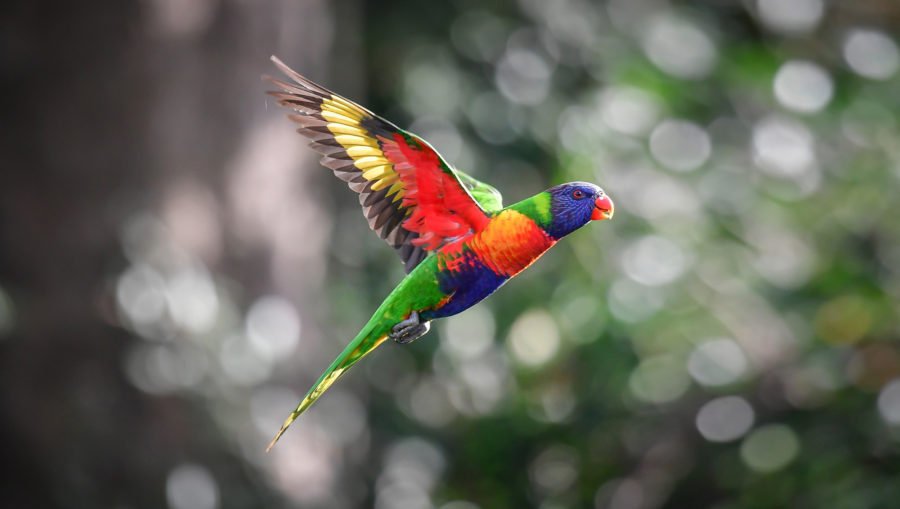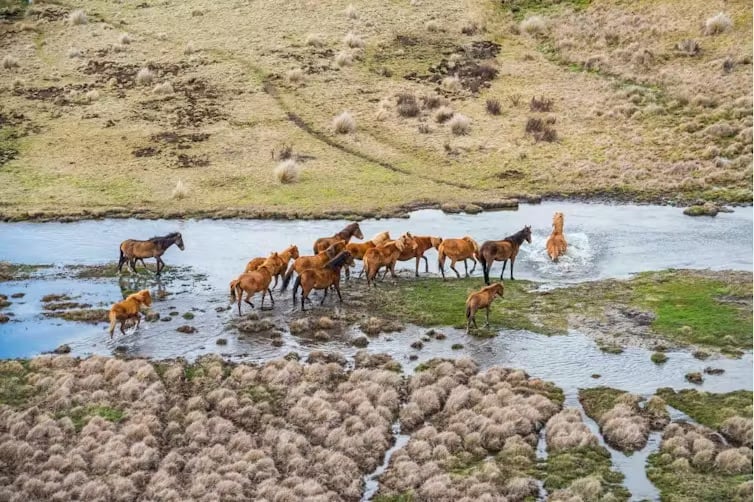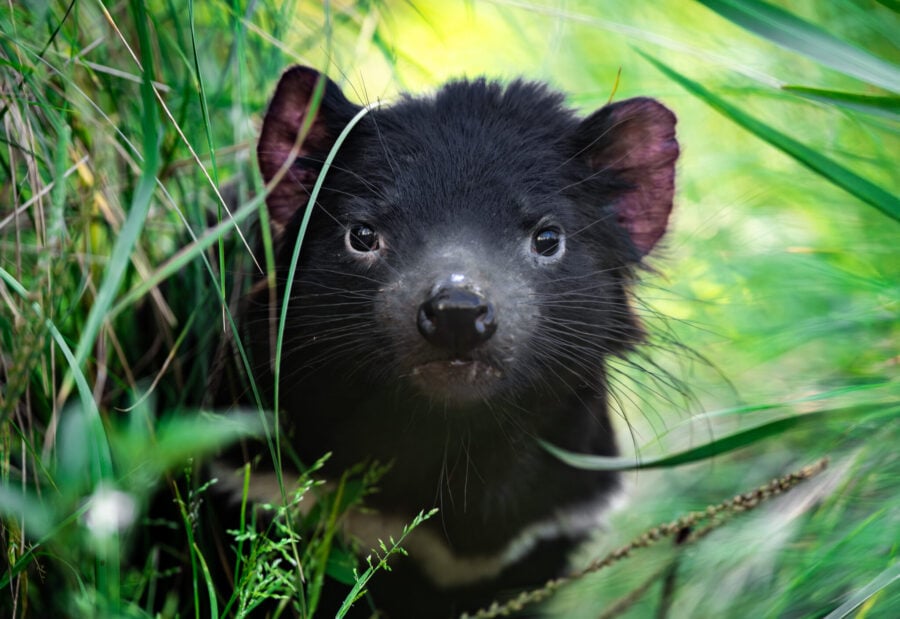Do animals detect earthquakes?

IN A SMALL LAKE in central Italy, a colony of toads has been acting strangely – so much so that it’s caught the attention of NASA physicists.
In the days leading up to the earthquake that devastated the city of L’Aquila in 2009, biologists conducting a chance study observed a mass exodus of common toads (Bufo bufo) from their breeding site, about 75km from the quake’s epicentre. The researchers proposed that the toads detected some kind of signal released prior to the earthquake and responded by seeking safer ground.
Since then, lead researcher Dr Rachel Grant from the Open University in the UK has teamed up with NASA physicists Dr Friedemann Freund and Michelle Newcomer to determine exactly what this signal could be.
Toxic groundwater before earthquakes hit
Their findings, published in the International Journal of Environmental Research and Public Health, suggest that the water in the lake could have turned toxic a few days before the earthquake.
In lab experiments the researchers showed that intense underground pressure caused stressed rocks to release charged particles – so called ‘positive holes’. The particles are thought to travel kilometres through unstressed rock until they reach the Earth’s surface, where they react with groundwater to form toxic chemicals like hydrogen peroxide.
“Amphibians are particularly sensitive to changes in water chemistry,” the researchers say. “The combined evidence…suggests that the toads were able to perceive in their environment some pre-seismic cues, which warned them of the impending earthquake.”
Unusual animal behaviour before an earthquake
It’s not the first time odd animal behaviour has been reported before a major earthquake. The Roman historian Aelian wrote of “mice and martens and snakes and centipedes and beetles” evacuating the Greek city of Helike in droves in 373 BC. “After these creatures had departed,” he wrote, “an earthquake occurred in the night.”
There are countless other examples. In China in 1975, days before a major earthquake struck Haicheng, hundreds of snakes inexplicably abandoned their burrows in the midst of hibernation.
And in the minutes before the 2004 Indian Ocean tsunami, many animals reportedly sensed the earthquake before humans did – buffalo stampeded uphill, flamingos flew for safer forests, and captive elephants broke free from their chains in a panic.
Pre-earthquake signals
Many scientists believe some animals can indeed sense seismic activity before humans, but it’s generally in the scope of seconds or minutes before.
“There’s a possibility that animals are more sensitive to what we call the ‘P wave’ – the one that travels fastest through the Earth,” says Kevin McCue, director of the Australian Seismological Centre and president of the Australian Earthquake Engineering Society.
“So it’s possible that animals feel the P-wave and say, ‘Oh, hey, what was that?’ Then suddenly you get the earthquake and people say the animals ‘predicted’ it,” Kevin tells Australian Geographic.
Kevin is sceptical of accounts in which animals respond hours or days before an earthquake. “All the stories about rats and cats and dogs and other animals predicting earthquakes – they’re just hearsay, I think. There’s just no scientific data to justify the conclusion that animals can predict earthquakes.”
Such accounts are often based on animals detecting other types of pre-seismic phenomena, such as ‘earthquake lights’ – reportedly caused by gases emitted from the ground that refract light in the lower atmosphere. “People have predicted all these things before, but they’ve never been proven,” says Kevin. “So we’ll wait and see.”
Quake prediction could just be a co-incidence
Professor Dale Roberts, a behavioural ecologist specialising in frogs at the University of Western Australia, says the toad migration was “quite possibly a coincidence.”
“There’s not enough information on long-term variability to know whether this is a real anomaly,” says Dale, “or whether it’s just a chance event.” But if the water chemistry did in fact change, he says, there’s a good chance the toads would respond to it.
“I can’t see any reason why they wouldn’t be able to detect hydrogen peroxide,” he says. “And I’d imagine they might want to avoid it – which could take them out of the pond and back in again.”
Kevin also doesn’t discount the idea of animals detecting pre-seismic signals, but he highlights the need for more research. He also argues that any kind of reliable earthquake warning system – based either on seismology or animal behaviour – is a long way off, and that we should instead rely on precautions such as safer building practices.
“Earthquakes are chaotic processes. There is a possibility that we’ll never be able to predict them based on the seismology,” he says. “But based on other things like animal responses…perhaps there’s an avenue there, but I’m not hopeful. Not in the near future, anyway.”




